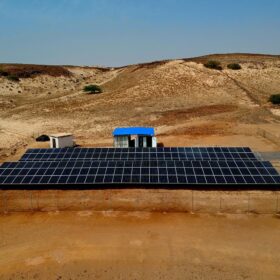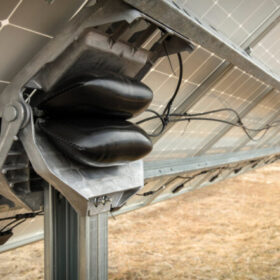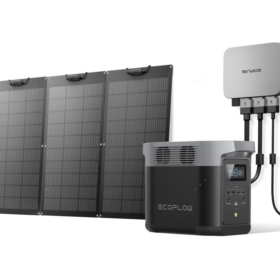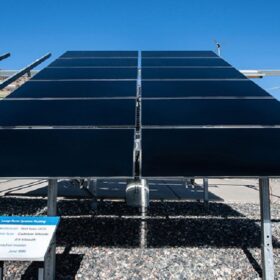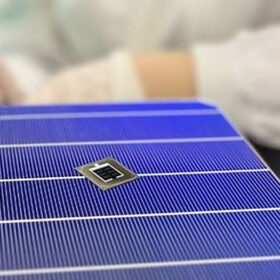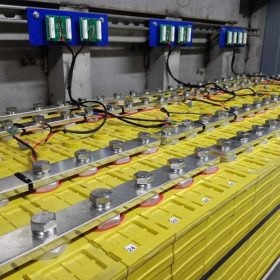Bangladesh introduces fiscal breaks for solar-powered water desalination
Bangladesh has introduced tax exemptions to reduce water production costs and promote the use of solar power in 19 coastal districts. This initiative comes in response to grid electricity shortages caused by a decline in coal and fuel imports. The goal is to enhance reliance on solar-powered water desalination in these areas.
Saltwater redox flow battery with integrated ultracapacitor
US-based Salgenx says it has successfully integrated ultracapacitors with its saltwater redox flow batteries, resulting in significantly better power response and system performance.
Effect of wind on solar panel cooling in desert areas
Researchers in Morocco have carried out an experimental investigation which has confirmed that even in hot desert climates, the wind has a positive effect on reducing the PV module temperature, improving the electrical production as well as the conversion efficiency.
Improving ground-mounted solar power plant performance via orbiting reflectors
Scientists in the United Kingdom have proposed using orbiting solar reflectors to enhance the electricity yield of terrestrial solar power plants. They claim this new technology may be particularly beneficial for improving generation at dusk and dawn, when irradiance is lower.
Terrain-following solar tracker with a pneumatic twist
Sunfolding’s new TopoTrack rows are reportedly 10 times shorter than traditional trackers, and they can provide 20 degrees of variation between trackers, thus improving slope tolerance between rows.
Ecoflow unveils new balcony PV system
US-based Ecoflow has announced the commercialization of a balcony solar device with a portable power station for residential applications.
Global Electronics Council releases new standard for ultra-low carbon PV panels
The Global Electronics Council has delivered standard inspection processes built upon models combining local power grid emissions and subcomponent energy needs to determine the embodied carbon footprint of globally manufactured solar panels.
L&T advances renewables infrastructure for world’s largest green hydrogen plant
Larsen & Toubro (L&T) is set to begin constructing the renewable energy generation, storage, and grid infrastructure for the green hydrogen production facility in Saudi Arabia, as it has made significant progress from design to procurement.
KAUST claims 33.7% efficiency for perovskite/silicon tandem solar cell
The European Solar Test Installation (ESTI) has confirmed the results of King Abdullah University of Science and Technology’s (KAUST) new perovskite/silicon tandem solar cell. The 1 cm2 device also achieved an open-circuit voltage of 1.974 V, a short-circuit current density of 20.99 mA/cm2, and a fill factor of 81.3%.
Himadri invests US$6.7 million in Australia’s Sicona Battery Technologies
India’s Himadri Speciality Chemical has acquired a 12.79% stake in Sicona Battery Technologies, an Australian startup that specializes in high-capacity silicon anode technology for lithium-ion batteries.
